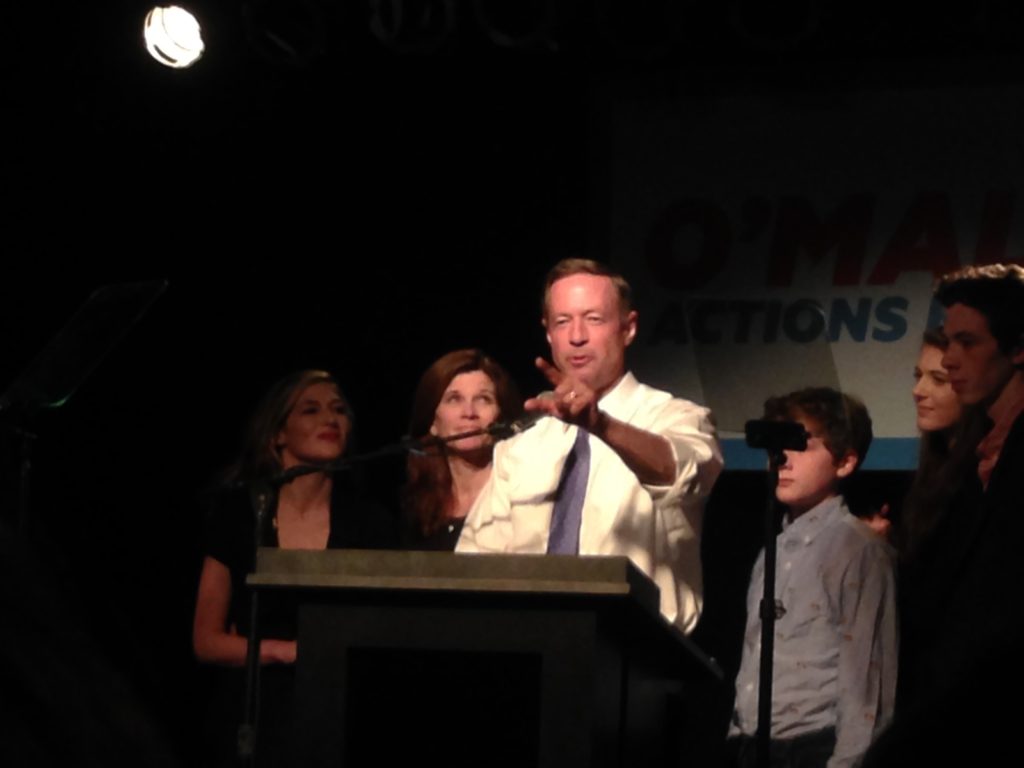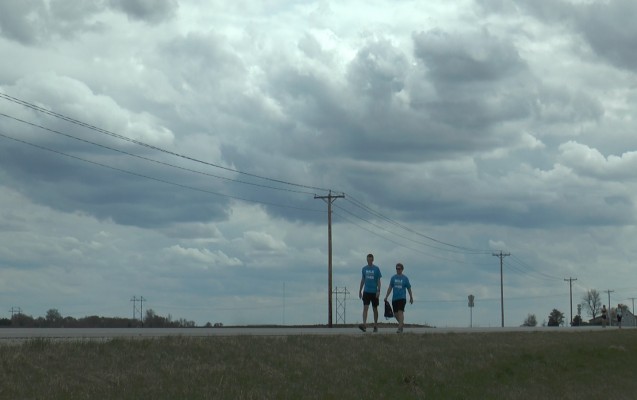 Now that I’m no longer editor-in-chief of the Times-Delphic (a role typically given to juniors), I write my fair share of op-eds for the paper. Below are links to two of them, and a third that is copied and pasted in full. That piece, about domestic violence in the NFL and the potential stardom of Tyreek Hill, is interesting to look back on now that Hill has achieved his stardom while the NFL continues to put aside domestic violence issues.
Now that I’m no longer editor-in-chief of the Times-Delphic (a role typically given to juniors), I write my fair share of op-eds for the paper. Below are links to two of them, and a third that is copied and pasted in full. That piece, about domestic violence in the NFL and the potential stardom of Tyreek Hill, is interesting to look back on now that Hill has achieved his stardom while the NFL continues to put aside domestic violence issues.
- Free vaccinations would encourage wellness (February 7, 2015)
- “Saturday Night Live” skit risky, but necessary (March 14, 2015)
- NFL’s domestic abuse epidemic and what it means for 2016 (September 14, 2016, unedited copy below)
With last week’s kickoff of the NFL season, football fans prepared for yet another autumn of mixed emotions.
I don’t mean “mixed emotions” like the ones you experience due to heartbreaking losses and come-from-behind victories. I mean “mixed emotions” like the ones caused by supporting a league that turns a blind eye to concussions, has a team named after a racial slur, and seems to have no idea how to deal with domestic violence.
For a league that is, by all accounts, too big to fail, the NFL sure is trying its best.
I’m a fan of the Kansas City Chiefs, and while perusing Twitter one day, I saw a question posed by a prominent account in the Chiefs Twitterverse: “What scares you the most about the upcoming season?”
There were all sorts of possible answers — an injury to our quarterback, a young secondary getting exposed — but the first reply was the one I agreed with the most: “That Tyreek Hill might be good.”
That sounds backwards, right? Why would Chiefs fans be most concerned about one of their rookie players actually being good at football? But in a backwards league, what’s backwards is now forwards.
Let me explain who Tyreek Hill is. Hill is a wide receiver and kick returner who played at Oklahoma State and then the University of West Alabama. He ran a ridiculous 4.24 40-yard dash at his pro day, and he has obvious skills in the return game.
But let’s back up a second. Why did he go from a Power Five school in Oklahoma State to the University of West Alabama? Because he was charged with — and ultimately pleaded guilty to — choking and assaulting his pregnant girlfriend.
In a city that is still celebrating a baseball championship won by a team ostensibly built around character, and where the memory of a Chiefs player who murdered his girlfriend and then committed suicide in the stadium parking lot in 2012 still lingers, the selection of Hill in this year’s draft irked a significant portion of the fanbase.
Chiefs fans are now grappling with several tough questions. Can I support a player who has committed appalling acts of domestic violence? Would I be comfortable cheering for the team while he’s on the field? What if he’s actually good?
Hill is far from the only player who has provoked such mixed reactions from football fans. Last December, Vice listed 44 players who had been accused of sexual or physical assault. Cases involving high-profile players, such as Greg Hardy or Johnny Manziel, get much of the press. But there’s a good chance that your favorite team employs a player who has been accused of assault.
Yes, your team is to blame for employing a player with a checkered history. But the root of the problem is the NFL’s inability to properly punish players who commit acts of domestic violence. The suspensions levied at such players — if a suspension is handed down at all — are frustratingly short and always reduced upon appeal. They are weak deterrents.
In October, the NFL will blast pink directly into your retinas. The message is clear: “LOOK AT US! WE CARE ABOUT WOMEN, AND YOU SHOULD BUY OUR PINK MERCHANDISE!” It’s an empty symbol, and will remain so until the NFL finally gets tough on domestic abuse.
For his part, Tyreek Hill has made all the right moves since he’s been drafted. He has been candid about his past, saying that fans have “every right to be mad” about it. He’s stayed clean and kept his head down. On the field, he has dazzled spectators in offseason workouts and training camp. He believes that he’s changed, fans want to believe that he’s changed and, maybe, he has.
I’m all for giving second chances. But second chances don’t erase the past, and Hill will be an uncomfortable subject in Kansas City for the foreseeable future. Most fans, myself included, will be content to cheer for the other ten players on the field.
But Tyreek Hill? We still need a little more time to sort through our feelings.


